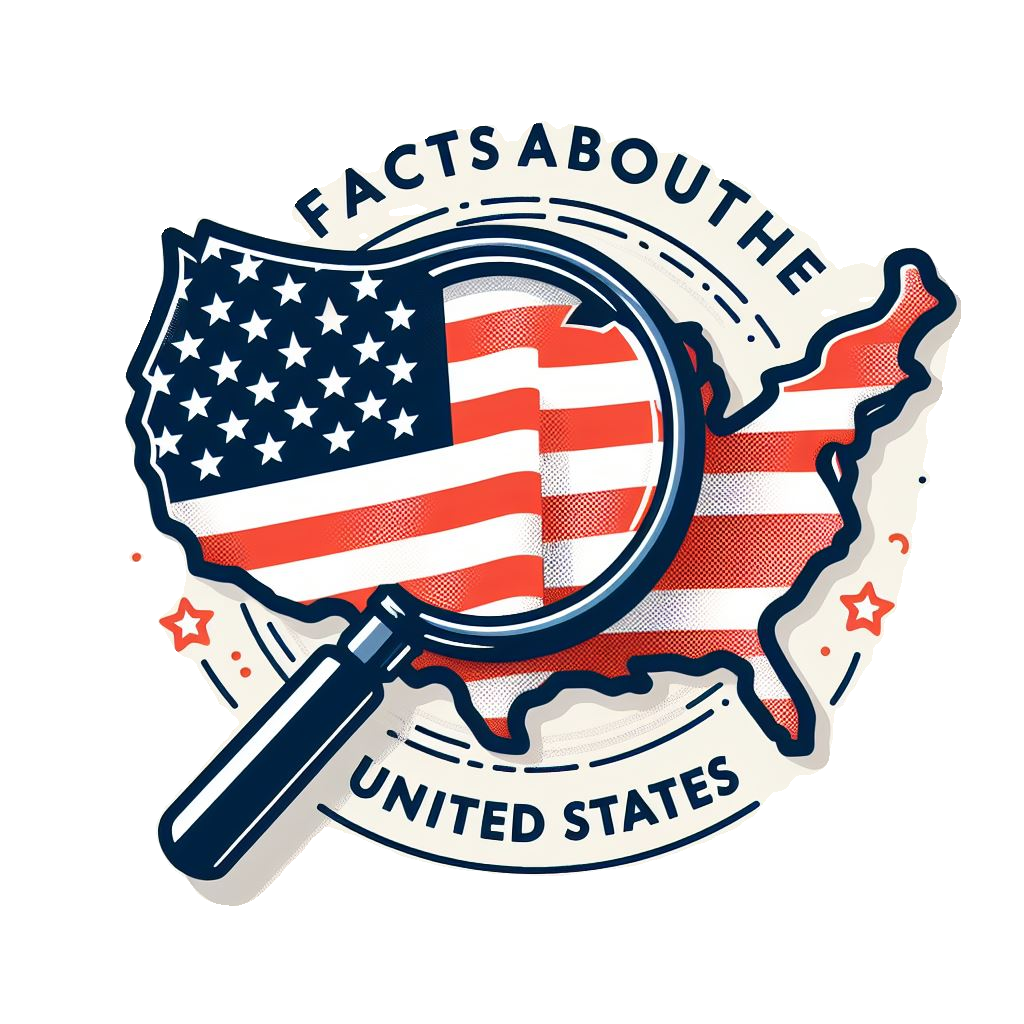Manifest Destiny: America’s Drive to Expand And Conquer
Imagine a time when the United States was a young nation bursting with ambition. Americans in the 19th century felt a sense of purpose, believing they had a God-given right to stretch their country from coast to coast. They called this belief “Manifest Destiny.” President James K. Polk (1845-1849) was one of the leaders behind this ideology.
What Does “Manifest Destiny” Mean?
- Manifest: Clear, easy to see
- Destiny: A predetermined future
Manifest Destiny was like a national mission statement. Americans were convinced it was their “obvious fate” to control the entire continent of North America. They believed their style of government and way of life was superior and should be spread as far as possible.
The Roots of Manifest Destiny
This way of thinking wasn’t brand new. The idea that America was special, even chosen, goes back to the Puritans who crossed the Atlantic in the 1600s. This view fused with the spirit of adventure and the desire for land and riches. As the U.S. grew, that earlier sense of purpose transformed into Manifest Destiny.
How Did Manifest Destiny Play Out?
- Louisiana Purchase (1803): President Jefferson doubled the size of the young United States by buying a huge chunk of land from France.
- Texas Annexation (1845): After gaining independence from Mexico, Texas became part of the United States, fueling further expansionist hopes.
- Mexican-American War (1846-1848): The U.S. victory in this war resulted in acquiring even more Western territories, including California.
- Westward Trails: Settlers fueled by the dream of owning land headed west by the thousands on routes like the Oregon Trail, claiming new areas for the United States.
Not Everyone Agreed
Manifest Destiny sounds exciting, but there were major downsides:
- Native Americans: Expansion came at the price of displacing and harming Native American communities already living on the land.
- Conflict with Mexico: Disputes over land led to war with Mexico, a much larger country at the time.
- Slavery: The question of whether new states would allow slavery became a major source of tension, ultimately contributing to the Civil War.
Manifest Destiny’s Legacy
The idea of Manifest Destiny helped shape the United States we know today. It fostered a sense of national identity but also led to injustice and conflict. Even though the phrase itself isn’t used much anymore, the concept reveals the ambition, optimism, and sometimes the darker side of American history.




